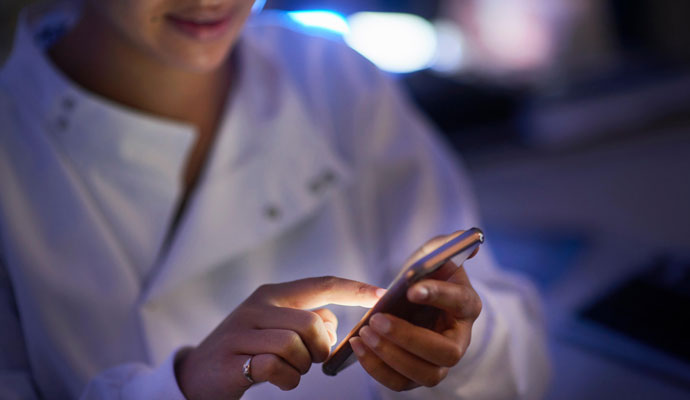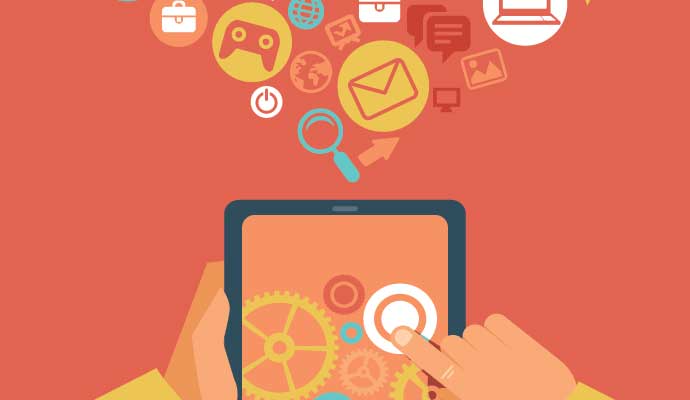Have Mobile Phones Changed the Way We Work?
Mobile phones may increase workers’ productivity, but they have not, as many people feared they would, blurred the boundaries between work and home.
Title:
The Mobile Phone, Perpetual Contact and Time Pressure
(Subscription or fee required.)
Authors:
Michael Bittman (University of New England), Judith E. Brown (University of New England), and Judy Wajcman (London School of Economics and Political Science)
Publisher:
Work, Employment & Society, vol. 23, no. 4
Date Published:
December 2009
As mobile phones have overtaken landlines in usage — the International Telecommunication Union reported 4.6 billion mobile accounts worldwide at the end of 2009, about 3.3 billion more than fixed lines — the negative impact of the cell phone on work–life balance has raised considerable concern. Yet the authors of this paper conclude that these fears are exaggerated. Although the pace of work and time pressures may be greater since the advent of the mobile phone, the technology also allows for increased flexibility and the “softening” of schedules, meaning that plans can be rearranged on the move to accommodate pressing engagements in people’s personal or work lives.
The authors studied a sample of nearly 2,000 workers who completed questionnaires and kept diaries to determine when, how often, and in what context these workers used their mobile phones. The researchers also evaluated logs of phone traffic and usage reports from participants’ handsets. The data revealed that rather than intruding on leisure time, the phone’s “always-on” nature allowed employees to better balance their schedules and avoid work–life pressures as they shifted important tasks to down time. And although concerns about cell phones often assume that they tether people to work, the call logs indicated that they are used primarily to stay in touch with family and friends. Personal calls accounted for 61 percent of all calls; only 21 percent were work related.
However, the data did reveal a correlation between mobile phones and workplace pressure, especially among male respondents, who were more likely to report that the cell phone made them feel short on time. The authors argue that workers’ stress is elevated because the mobile phone has enabled management to stay in constant contact with them. Still, the authors did not uncover any evidence to suggest that the cellular phone stretched the workday beyond employees’ ability to cope.
Bottom Line:
Mobile phones have not blurred the lines between home and work as much as some have feared. They may increase time pressure at work, but cell phones also allow for more schedule flexibility and, overall, remain a device for personal use.




